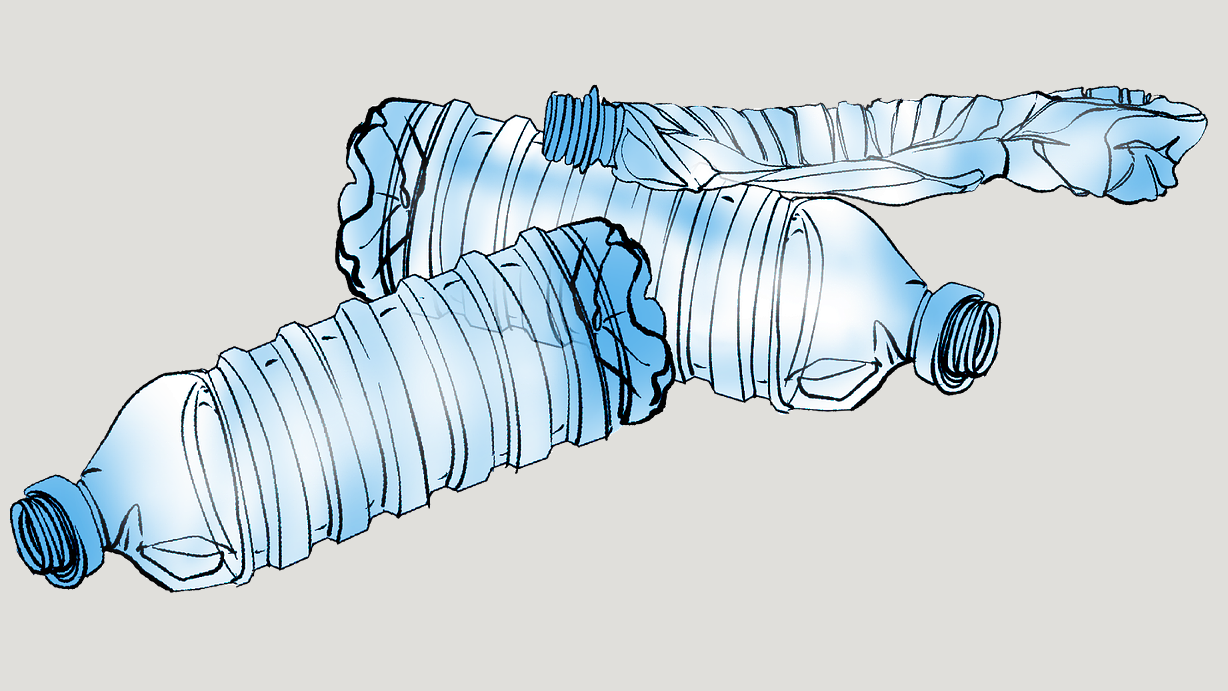The council of Australian governments has agreed on a national response strategy to combat the war on waste.
With the national ban on the export of plastic, paper, glass and tyre waste set to commence in July, the Morrison government is looking to expand and invest in the recycling industry in order to build a market for recycled goods.
Minister for the Environment Sussan Ley said the ban could be worth $1.5 billion to the economy over the next 20 years and create 2,000 new jobs.
“We know that for every 10,000 tonnes of waste sent to landfill there are approximately 2.8 direct jobs created,” Ms Ley said. “If we recycle the same waste, 9.2 direct jobs are created.”
She added the ban was like “waking up to an issue” that has been “buried in landfill for too long”.
Partnering with states, territories and industry, Prime Minister Scott Morrison foreshadowed new spending measures for the recycling industry would be announced in the May federal budget. However, this was before the budget date was postponed because of the economic hit from the coronavirus outbreak.
At the National Plastic Summit held earlier this month Mr Morrison said Australia’s “misuse of plastics is a scarring on our land and a scarring on our oceans”.
“It’s our waste, it’s our responsibility,” he added.
The World Wildlife Fund (WWF) says that Australia reports 130,000 tonnes of plastic a year flow into our oceans through our waterways, with the biggest contributor to plastic waste being packaging.
On a global scale, 8 million tonnes of plastic end up in our oceans. In the Pacific region alone there is an island of floating plastic waste that is nearly three times bigger than France.
Margaret Stuart, head of corporate and external relations for Nestle Asia-Pacific, said Australia “for a long time” has been dependent on exporting waste.
“Australia needs a more robust collection system, sorting system and harmonisation between states, territories and industry to combat plastic pollution,” she said.
“The upshot is that we don’t actually have our own infrastructure and our own systems that allow us to do what needs to be done.”
She believes that while “there’s nobody … that can solve the whole problem” it comes down to the question of “how do we collaborate and work together to find new ways of approaching what is a system problem while making sure there’s a market for recyclate”.
Earlier this month, Nestle announced a soft plastics collection recycling program that aims to collect and process 750 tonnes of soft plastics.
Globally, Nestle has invested over $2.5 billion in buying recycled food-grade plastic in order to create interest in recycled plastic packaging that is toxic-free.
Other large companies have also announced sustainable measures, McDonalds, for example, has pledged to phase out plastic cutlery nationwide by the end of 2020.
Kylie Freeland, Director of supply chain and sustainability for McDonalds Australia, said the transition to fibre-based cutlery would reduce their “environmental footprint … removing more than 860 tonnes of plastic from our system”.
While many pledges have been announced by both government and businesses, Labor sees the national response strategy as a missed opportunity and another empty package.
Josh Wilson, Shadow Assistant Minister for the Environment, said that while the Coalition government had announced plastic waste as a priority, he believes there isn’t enough clear direction or action from them in addressing the problem.
“The response strategy simply restates the details of the governments $167 million so-called recycling investment package, of which $100 million is repackaged funds,” Mr Wilson said.
“The waste crisis will not be fixed by relabelling old funding, failing to implement existing recommendations, and holding shiny but insubstantial summits.”
Main image: Creative commons Pixabay/Lily Cantabile.


